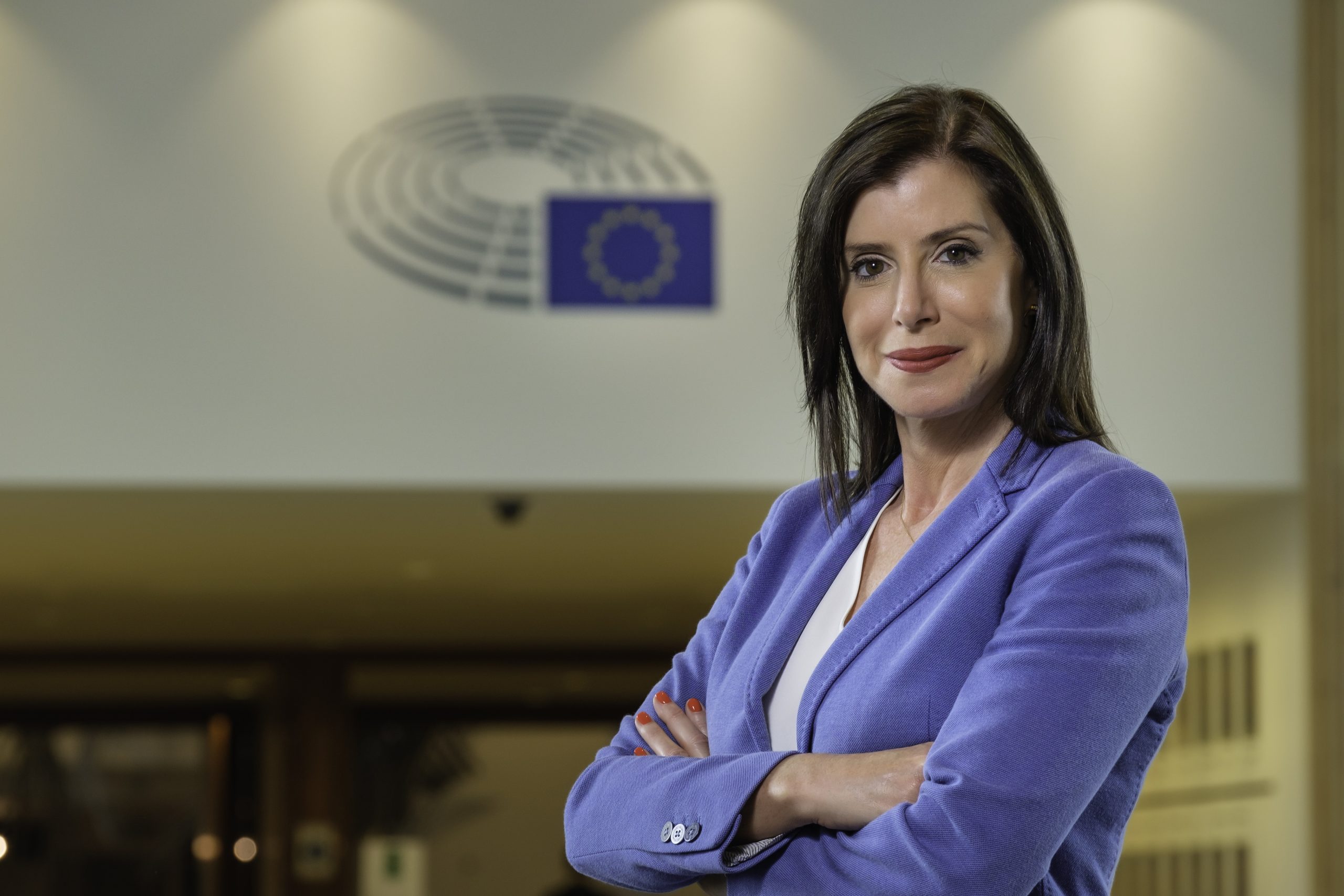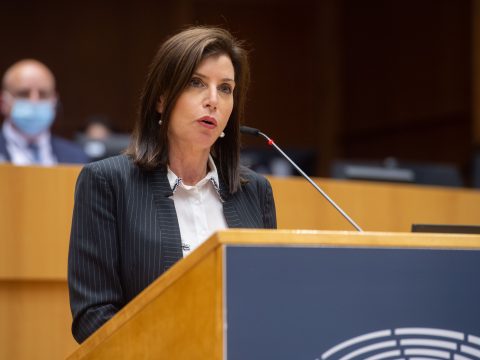25/06/2020
Letter to the EC : ‘Open strategic autonomy’: A vision for Europe’s raw materials future
Dear Commissioner Phil Hogan,
Dear Commissioner Thierry Breton,
Dear Commissioner Maroš Šefčovič,
Dear Executive Vice-President Frans Timmermans,
As you are well aware, COVID-19’s disruption of worldwide supply chains has revealed the European Union’s problematic dependence on third countries for active pharmaceutical ingredients, medical supplies, and raw materials.
Looking ahead, we should be particularly worried that the raw materials necessary to achieving Europe’s climate-neutrality objective and the digital transition are today increasingly sourced outside the European Union and generate carbon-intensive imports into our continent.
Europe’s “green recovery” will be based on industrial leadership in the production of batteries, electric vehicles, computers, solar panels, and wind turbines. However, this objective is jeopardised by our increasing reliance on China and other regions for supplying the metals and minerals required by those technologies in higher volumes – from critical raw materials (e.g. cobalt, lithium, silicon, rare earths) to those where Europe has a sustainable but weakened industrial base (e.g. aluminium, copper, nickel).
The World Bank has recently concluded that the world’s production of 13 strategic metals will need to increase by up to 500% by 2050, to meet the growing demand for clean energy technologies. It is therefore urgent for the European Union to improve its resilience against future shocks by diversifying its raw materials suppliers and by restoring its capacity in this key strategic area, while tackling environmental and social impacts.
We, members of the European Parliament, believe that Open Strategic Autonomy must be at the heart of European Commission President Ursula von der Leyen’s ambitious “Next Generation EU” and of the EU trade policy review launched on 16 June 2020.
We therefore call on the European Commission to deliver a bold agenda for all the raw materials needed for achieving climate-neutrality and the digital transition, which balances our need for supply resilience while always championing multilateral, free, fair and value-based trade.
This agenda should include:
• A robust and ambitious EU trade policy that pursues an effective level playing field, addresses distortive effects of foreign subsidies within the EU, facilitates diversification of supplies, and reinforces our defences against unfair trade practices.
• A “no-holds barred review” of the global supply chains that EU businesses and industry rely on to ensure that they are resilient and remain competitive, plus the required enabling conditions in Europe such as a stable and secure supply of competitive electricity.
• Earmarking of the recovery fund to boost within the EU the sustainable production of the metals and minerals needed for its energy transition and digitalisation (including the potential for Important Projects of Common European Interest – IPCEIs).
• Robust actions to tackle the environmental and social impacts associated with Europe’s materials supply, and to raise consumer awareness on the benefits of buying, low-carbon, circular and responsible produced products.
• The prioritisation of funding and expanding of the Circular Economy to ensure Europe has an increased capacity and a reliable supply of recycled materials.
Strategic industries have been at the heart of the European project for the last 70 years. Robert Schuman had originally envisioned a Europe “built through concrete achievements which first create a de facto solidarity”. The COVID-19 pandemic is an opportunity to realise Schuman’s vision to unite European nations this time around the goal of Open Strategic Autonomy. Reengineering our supply chains will likely be a complex process with significant need for support, but the advantage that Open Strategic Autonomy offers, is simply too important to ignore: it will enable us to reposition our Union as a true geopolitical actor.
Sincerely,
Anna-Michelle Asimakopoulou
The above letter was co-signed by 66 Members of the European Parliament from 17 different Member States across the political spectrum.













